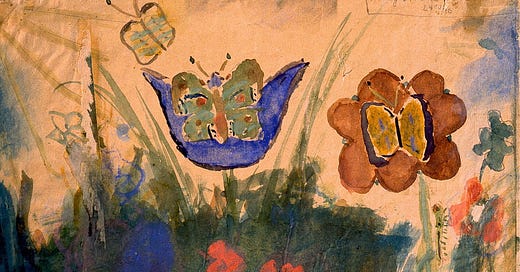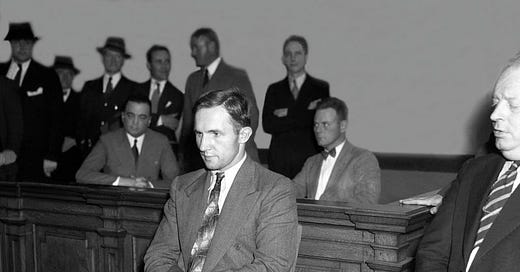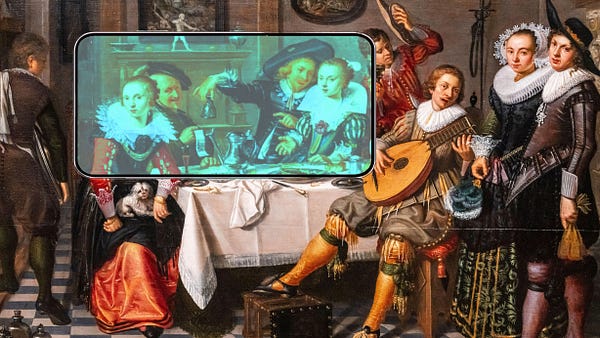
Welcome back to Douglas Murray’s Sunday column, Things Worth Remembering, where he presents passages from great poets he has committed to memory—and explains why you should, too. To listen to Douglas read from Paul Celan’s “Death Fugue,” click below:
It has been said that the Second World War did not produce great poets like the First War did. The Second War did not produce a Wilfred Owen or even a Siegfried Sassoon.
But that is because the great poems of the Second World War were not written in English. They were written in German and in Russian.
This presents us, once again, with the problem of poetry and translation, and the difficulty of learning it by heart. But it is still worth persevering. For there is no better way to sift through the wreckage of this most horrifying of wars than to do just that.
Once the world discovered the death camps and concentration camps, human civilization entered a new era. Theodor Adorno once wrote: “To write poetry after Auschwitz is barbaric.” That line is both memorable and wrong. (To be fair, Adorno later took it back.)
Two men, above all, wrote poetry that prove Adorno’s maxim wrong.












